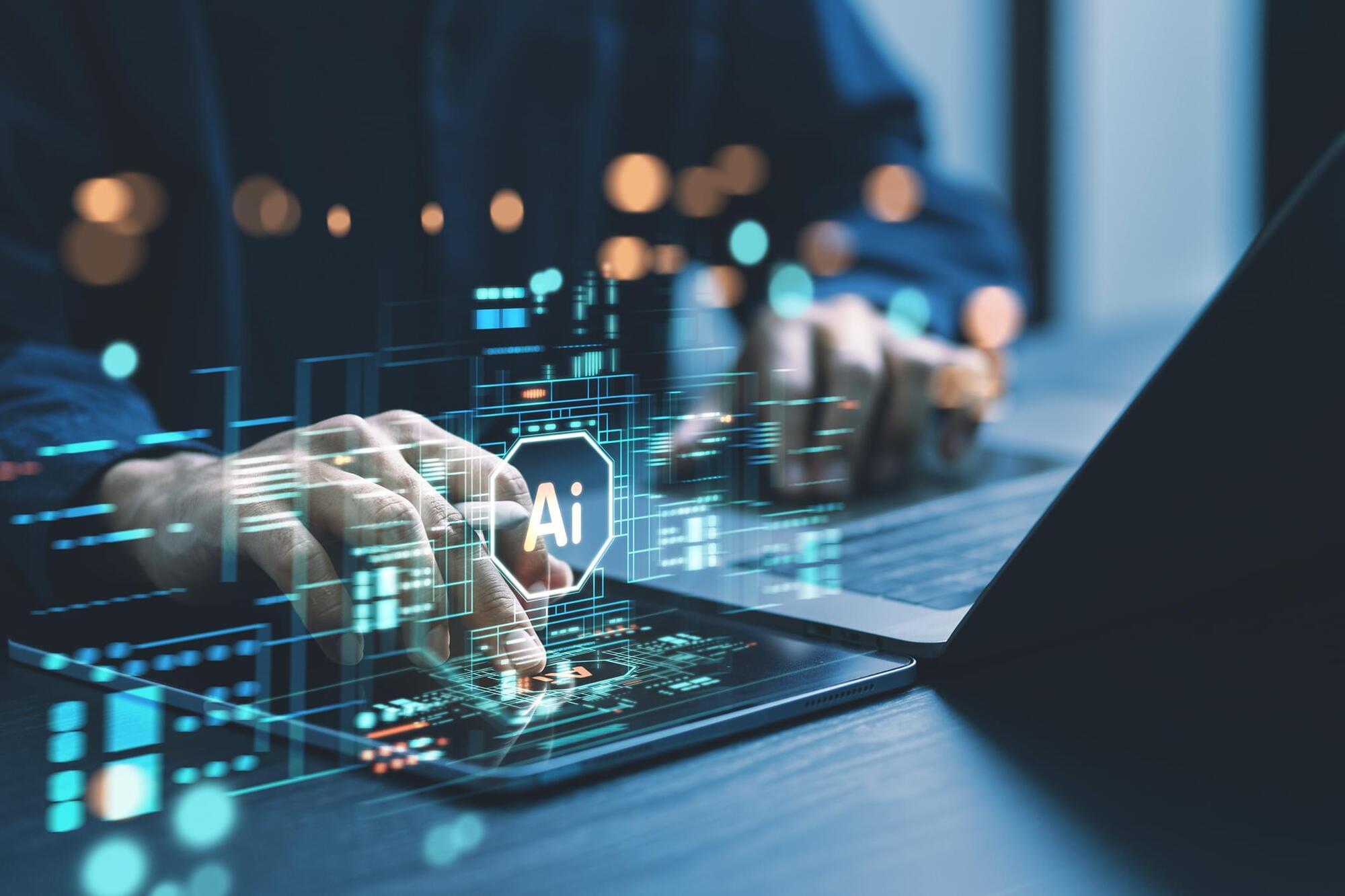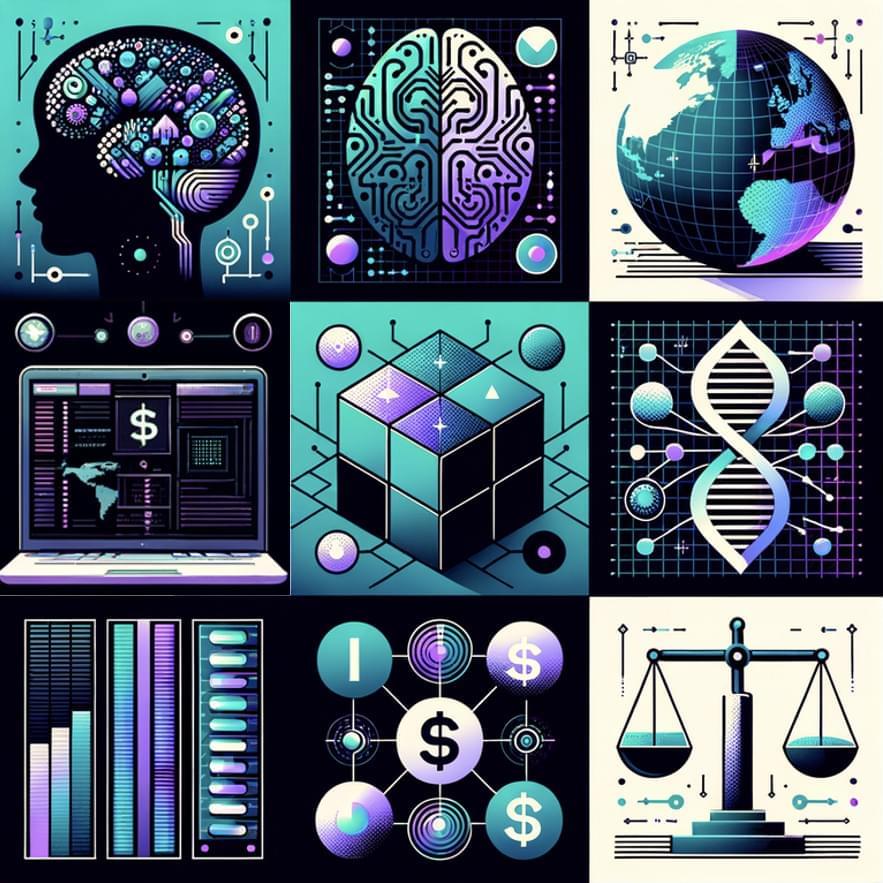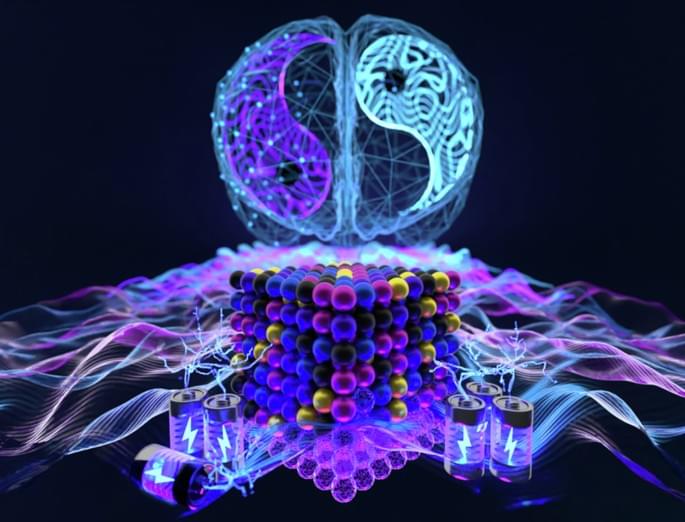With rapid advancements in AI and automation, individuals must prepare for a potentially unstable future by building financial strength, adapting to change, and rethinking traditional economic policies to avoid societal collapse ## ## Questions to inspire discussion.
Financial Preparation.
💰 Q: How should I structure my finances to build wealth? A: Focus on the fundamental equation: earn minus spend equals save, then invest that saved amount wisely to determine your financial success, as this simple formula is the foundation of building financial strength.
🏃 Q: When should I consider relocating geographically? A: Evaluate your location during major financial shifts and changing world orders, as the ability to move to better places and away from bad places has been historically important for protecting wealth and opportunity.
Career Strategy.
🎯 Q: How do I choose a career that maximizes financial success? A: Select careers that align with your passions while understanding their financial implications, since the work you do will directly impact your financial success during economic transitions.



